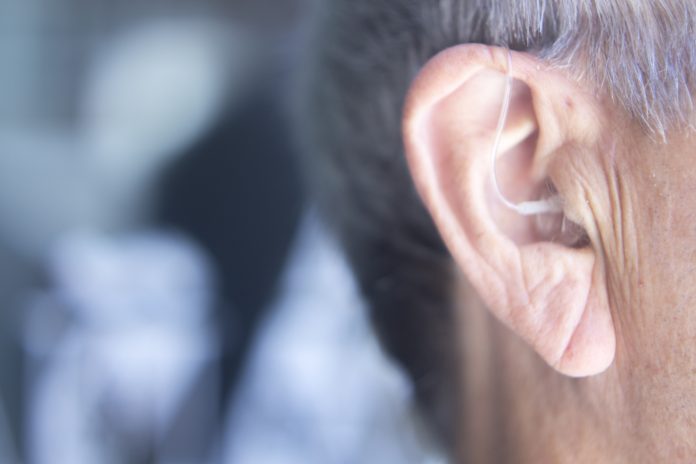Hearing aids are currently unable to restore damaged or lost hearing due to the complexities of our auditory system. Hearing aids are simply devices that provide access to sound while maintaining comfort; they are a tool to assist one’s hearing ability.
But what if hearing aids alone aren’t enough? Aural rehabilitation can provide extra training necessary to improve the use of hearing aids, helping a person with hearing loss overcome daily challenges. Just as physical therapy may be needed after an injury to improve function, aural rehabilitation helps a person to adapt to amplification and to develop communication strategies to increase understanding. While aural rehabilitation is a service provided by audiologists, it tends to be underutilized.
Aural rehabilitation typically encompasses counseling on the impact of hearing loss, device orientation, and perceptual training. These programs are tailored to address the needs of a particular individual, as hearing loss can be manifested in countless ways over the course of one person’s daily life. It is therefore essential for audiologists to develop a thorough understanding of how hearing loss is impacting a person’s everyday life specifically. This is typically done through the use of self-assessment measures, which also serve as outcome measures to track progress and to identify areas for improvement.
A strong body of research demonstrates the efficacy of aural rehabilitation to reduce hearing handicap and stressas well as improve satisfaction with amplification1, quality of life, and communication function. Furthermore, studieshave shown that embarking on aural rehabilitation with a significant other or communication partner is beneficial for both parties; it facilitates better communication and understanding of the difficulties accompanying hearing loss. In fact, the greatest reduction in hearing handicap occurred when the individual with hearing impairment and the significant other completed the program together.
If hearing aids are unable to provide noticeable benefits, even after completing aural rehabilitation programs, individuals with significant hearing loss may want to consider cochlear implantation. These implanted devices can provide audibility beyond the limitations of traditional amplification, as they directly stimulate the cochlea. To find out if you are a candidate, consult your audiologist for a full evaluation.
If you suspect a hearing loss or tinnitus, HHF recommends getting your hearing checked. If you do have a hearing loss or tinnitus, talk with your hearing healthcare professional about available treatments. For more information, visit hhf.org/tinnitus or email us at info@hhf.org.
1Northern, J. L., & Beyer, C. M. (1999). Reducing hearing aid returns through patient education. Audiology Today, 11(2) 315-326.
























